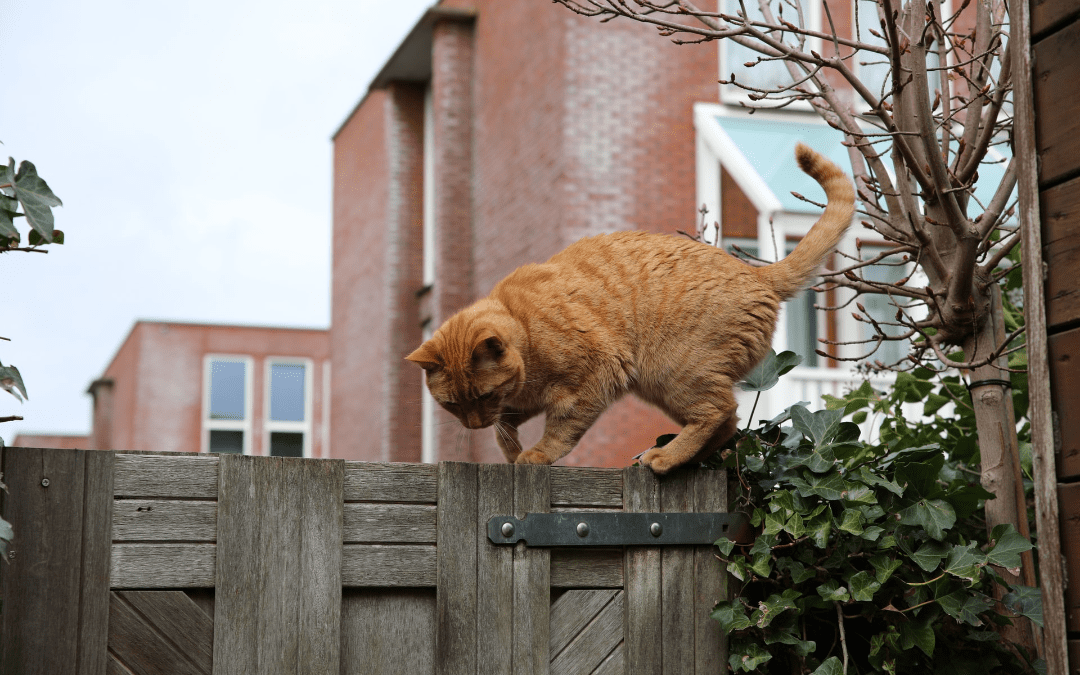As new pet owners, we may find the topic of pet microchipping confusing and maybe even a little scary. However, the team at Oz Animal Hospital would like to inform you that this unique form of identification is an easy yet permanent way to bring your pet home quickly should your pet become lost. Here are five common pet microchipping myths the team would like to debunk.
Myth: A microchip insertion will hurt my pet
Truth: While the needle used to insert a microchip is a bit larger than the needle used for vaccinations, your pet shouldn’t notice the administration any more than they would a vaccination. By distracting your furry pal with tasty treats, we can minimize the possibility they’ll notice they’re being microchipped.
Myth: My pet needs to be sedated for a microchip
Truth: Although we may recommend microchipping your puppy or kitten while they are under anesthesia for their spay or neuter, pets do not need to be sedated or anesthetized for a microchip.
Myth: A microchip allows me to track my pet’s location
Truth: Unlike a GPS tracking collar, a microchip cannot be used to pinpoint your pet’s location. Instead, it acts as a permanent identification device that cannot be removed, fall off, or become worn and illegible, like collar ID tags. When your pet is scanned at an animal shelter or hospital, their microchip number will pop up, allowing you to be contacted with their location.
Myth: My pet’s microchip will give out my personal information
Truth: Although linked to your name and phone number, your pet’s microchip won’t show that information when scanned. Instead, the microchip will show a registration number. This number is entered into a universal microchip database, where the registration company is identified. The registration company securely holds your contact information and will call you if someone says they’ve found your missing pet.
6 to 8 million pets enter U.S. shelters each year, and many are lost family pets. We want to help make sure you get reunited with your furry friend in the chance that they get lost. If you have more questions about how a pet microchip works or your four-legged friend has yet to be microchipped, contact our team at the Lincoln Park or Rogers Park clinic.

